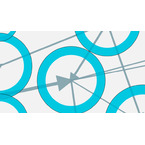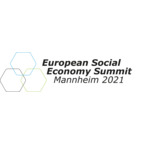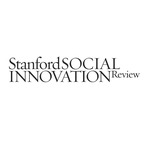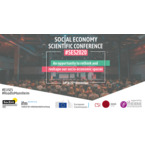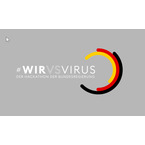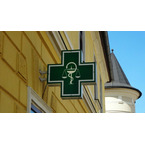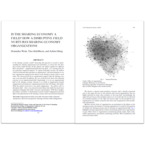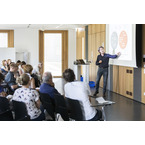I am an Assistant Professor for Sustainable Entrepreneurship at the Business School of the University of Mannheim.
In my research, I am interested in the emergence and diffusion of social innovation and the impact social innovation have on society, economy and the natural environment.
With social innovation I mean any “initiative, product or process or program that profoundly changes the basic routines, resource and authority flows or beliefs of any social system.” (Westley 2008) In the organizational context, this can be new business models, organizational forms, applications of new technologies or other concepts that profoundly change how organizations look like and behave, what offerings they make.
Today, digitalization and sustainability are two major forces that change the expectations faced by organizations and thus spur the emergence of social innovation: For instance, platform-based business models, organizational forms evolving around the idea of sharing/commonly using, applications based on Blockchain technology and other forms of decentralization.
Such social innovations are in the focus of my empirical work. I thereby apply a mix of methods (e.g. qualitative interviews, quantitative surveys) with a focus on data science approaches (e.g. web-crawling, text analysis, network analysis). Organizational theories and theories of diffusion help to make sense of empirical phenomena.
Results from our research are used in transfer projects, through which SMEs can discover, experiment wirh and establish state-of-the art concepts to enhance usability ans user experience of their solutions.



